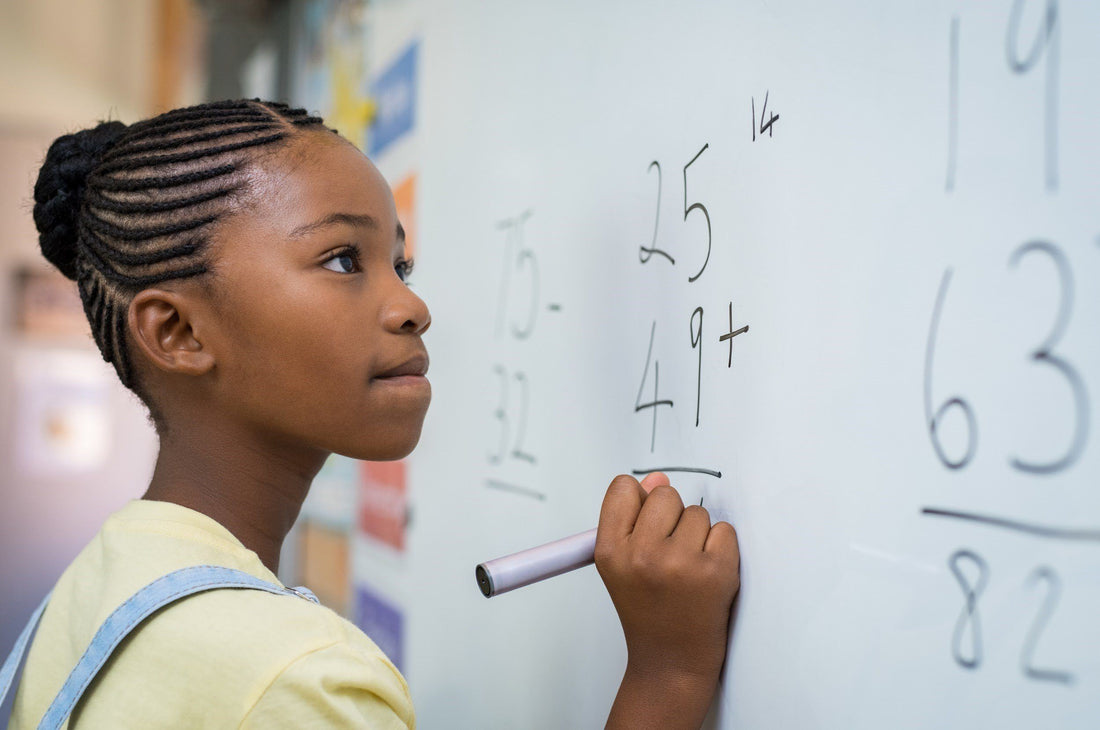If your gifted child or teenager experiences anxiety, you may wonder whether high intelligence or ability may cause those worries or stress. While it’s a valid question, the answer is not black and white: gifted kids do face some unique challenges that could increase anxiety. But whether there’s a direct link or other factors contribute to anxiety in gifted children largely remains a mystery.
Factors that Complicate Determining Links Between Anxiety and Giftedness
While research continues on the social and emotional development of gifted children, many of the foundational studies took place in the 1990s and early 2000s
Another debate that complicates this question is the lack of agreement about what constitutes giftedness. Some researchers utilize only IQ scores, whereas others consider giftedness to occur across a variety of skill sets and abilities (for example, a child may test within the “normal” range for IQ, but display heightened ability to complete visual or physical tasks).
Lastly, the impact of giftedness on the development of anxiety or other mental health concerns may change as children move toward adolescence. More research is needed on these distinct age groups and to control for other contributing factors.
Risk Factors for Anxiety in Gifted Children
Some research suggests that gifted kids are indeed at risk for social and emotional difficulties, and gifted children often display characteristics that appear to lead to anxiety. To mention a few:
Perfectionism
Particularly in academic or extracurricular activities, gifted kids often develop unrealistically high expectations of themselves, especially if they typically excel within those areas. Gifted children may hyper-focus on completing work without errors or may become easily frustrated with less-than-perfect grades or scores. Additionally, this perfectionism may drive academic underachievement, high levels of school-related distress or fear of failure. Given that children and adolescents spend the bulk of their time in school and extracurricular activities, they have plenty of opportunities to experience this perfectionistic pattern of thinking. Family members and teachers may also inadvertently feed into perfectionism by communicating their expectations for superior performance.
Ready to try Brillia?

Over Excitability and Attention to Global Issues
Gifted kids tend to experience high levels of empathy and are often more attentive to troubling and wide-ranging issues of social justice (like poverty or war) than their less gifted peers. Dabrowski, in his pioneering research on the subject of giftedness, included this sensitivity to others within what he termed the “over excitability” of the gifted personality. As a result of this over excitability, gifted kids may experience their emotions and a perceived inability to change the world more keenly and intensely than others. This emotional experiencing, coupled with helplessness, can increase anxiety (incidentally, practicing mindfulness can help gifted kids who are distressed about the state of the world).
Asynchronous Development and Social Functioning
Gifted children do not always display consistency across areas of ability or aptitude, and this can result in frustration and confusion, especially as it relates to perfectionism and expectations from self and others. In addition, gifted kids’ advanced levels of awareness or achievement may prompt them to feel they don’t belong, or to experience stigma and lower acceptance from peers.
Opposing Research
While the aforementioned aspects of the gifted experience are indisputable, a 2013 French study found that gifted children did not exhibit significant differences from their non-gifted peers in the personality trait of anxiety. A variety of older studies have indicated that gifted children may actually be less prone to anxiety than their non-gifted peers, or may be more resilient or able to manage stress.
Supporting Anxious Gifted Kids
Again, while it’s tempting to place the blame for anxiety on higher intellectual functioning, the relationship between the two is not clear. Opportunities remain for future research on exactly how giftedness and anxiety are connected.
In the meantime, it’s helpful for parents of gifted children and teens to remember that their kids are very similar to non-gifted children in many ways. Brillia’s five pillars aim to provide a healthy foundation to reduce anxiety and other mental health concerns for all children and are a great place to start.





